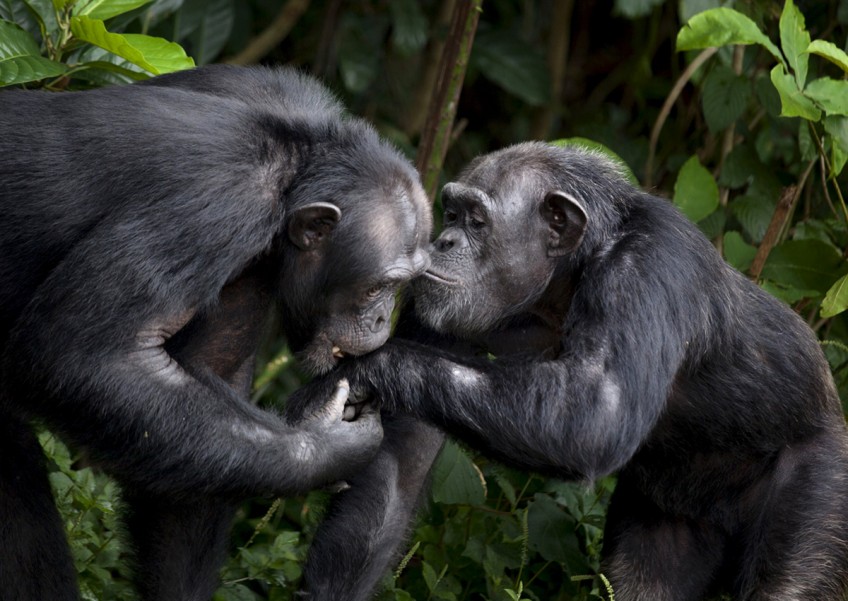Why pairing up for life is hardly ever a good idea


For many of us, marriage is special. The idea of a lifelong bond between two people is accorded legal, spiritual and cultural significance throughout much of the world. Whether we are religious or secular, a permanent monogamous relationship can feel sacred.
So when we hear about animals that form lifelong bonds, our "aww" factor goes into overdrive: "How adorable! Gosh, we could all learn a thing or two from those shingleback lizards".
But for all the romantic novels, love songs and soppy greetings cards, monogamy remains more of an ideal than a reality. Even in seemingly monogamous human societies, infidelity is common, and the same is generally true of monogamous animals. There are a few that do remain faithful, but the underlying reasons are anything but romantic.
Understanding why monogamy sometimes works for animals, and why it so often fails, can tell us about the nature of our own relationships. So cast aside your romantic ideals, and enter a world of amorous parasitic worms, adulterous songbirds and thoroughly naughty monkeys.
In nature, reproduction is everything. All creatures are ultimately trying to pass on their genes to their offspring. Monogamy is just one of many strategies, and there are two inescapable pressures that drive animals to mate more freely.
Read the full article here.